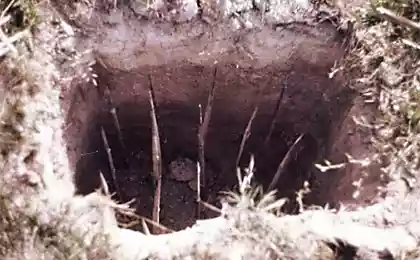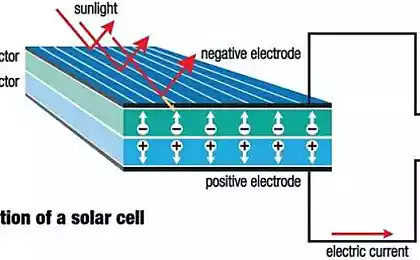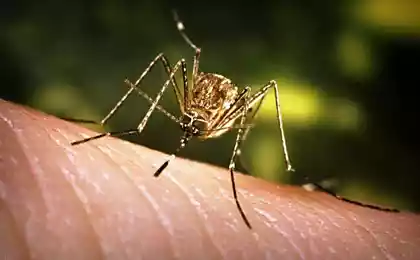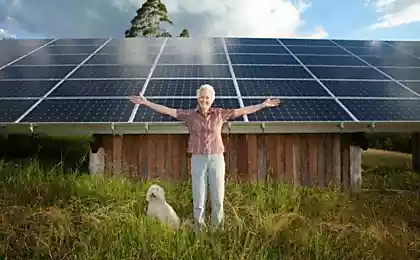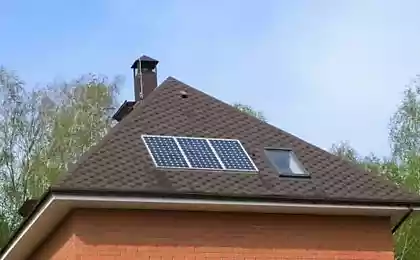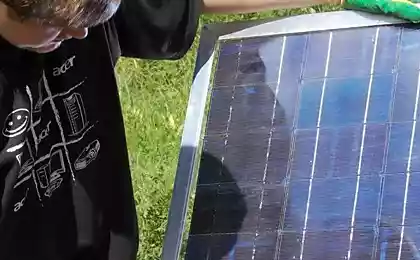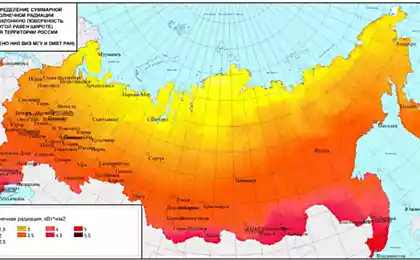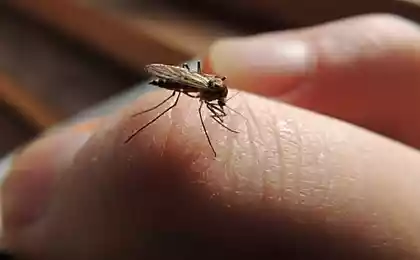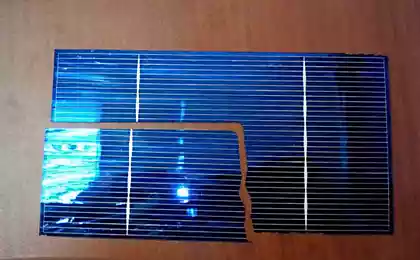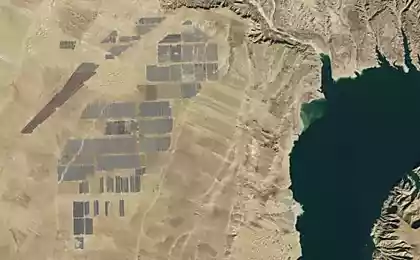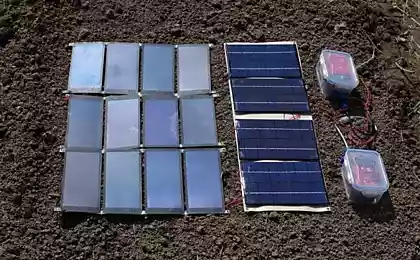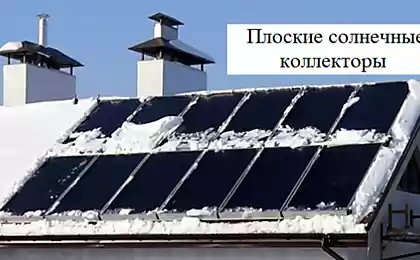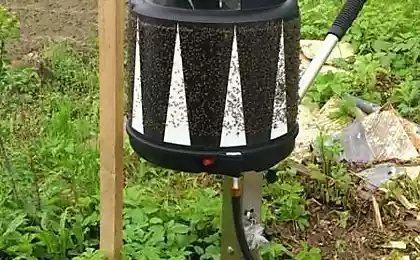526
Created mosquito traps, solar-powered
The zika virus is now one of the biggest problems of health, as it damages not only the person who was hit, but also for his children. In order to reduce the number of infections by the virus via mosquitoes use different insecticides to which mosquitoes have sooner or later there is addictive and the chemistry becomes meaningless. Having in mind this fact various experts come up with different approaches to the problem, this time they propose to deal with infectious mosquitoes with the help of solar panels.
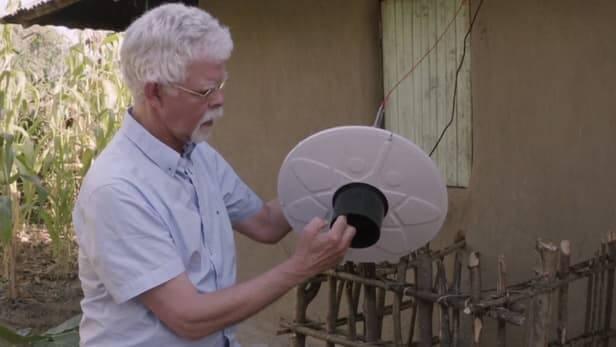
A pilot project was tested in Kenya, on the island of Rusinga in lake Victoria. Worked SolarMal scientists from the International centre of physiology and ecology of insects in Kenya and the Swiss Institute of public Health and tropical medicine, led a team of Professor Takken Willem from Netherlands Wageningen University. In order that the insects flew into the trap, the researchers decided to give her a flavor of human body, thus the mosquitoes fly in hope to stumble on food, and fall into the torture chamber where they can never get. A torture chamber of mosquitoes consists of a 12-volt fan, which is due to the air flow draws mosquitoes into itself, and inside the chamber, they all die from dehydration. The system is somewhat similar to the mirages of water in the desert. As Rusinko, and in many other places on the planet, a Central power supply is missing, the system works on solar batteries, which are placed on the roofs of houses. Also, these panels can be used for lighting and charging gadgets. SUBSCRIBE to OUR youtube channel that allows you to watch online, download from YouTube free video about the recovery, the rejuvenation of man. Love for others and ourselves, as the feeling of high vibrations — an important factor for improvement .
Put LIKES and share with your FRIENDS!
www.youtube.com/channel/UCXd71u0w04qcwk32c8kY2BA/videos
In the area where it was tested traps the insect population decreased by 70 percent. Since on this island most often there is mosquitoes and malaria, respectively, after testing the system were estimated malaria cases, their number also declined, but by 30 percent. published
Source: www.energy-fresh.ru/news/?id=13523

A pilot project was tested in Kenya, on the island of Rusinga in lake Victoria. Worked SolarMal scientists from the International centre of physiology and ecology of insects in Kenya and the Swiss Institute of public Health and tropical medicine, led a team of Professor Takken Willem from Netherlands Wageningen University. In order that the insects flew into the trap, the researchers decided to give her a flavor of human body, thus the mosquitoes fly in hope to stumble on food, and fall into the torture chamber where they can never get. A torture chamber of mosquitoes consists of a 12-volt fan, which is due to the air flow draws mosquitoes into itself, and inside the chamber, they all die from dehydration. The system is somewhat similar to the mirages of water in the desert. As Rusinko, and in many other places on the planet, a Central power supply is missing, the system works on solar batteries, which are placed on the roofs of houses. Also, these panels can be used for lighting and charging gadgets. SUBSCRIBE to OUR youtube channel that allows you to watch online, download from YouTube free video about the recovery, the rejuvenation of man. Love for others and ourselves, as the feeling of high vibrations — an important factor for improvement .
Put LIKES and share with your FRIENDS!
www.youtube.com/channel/UCXd71u0w04qcwk32c8kY2BA/videos
In the area where it was tested traps the insect population decreased by 70 percent. Since on this island most often there is mosquitoes and malaria, respectively, after testing the system were estimated malaria cases, their number also declined, but by 30 percent. published
Source: www.energy-fresh.ru/news/?id=13523
Neuromuscular pattern: each of us has our own inherent nature
The construction of the house from sea containers
